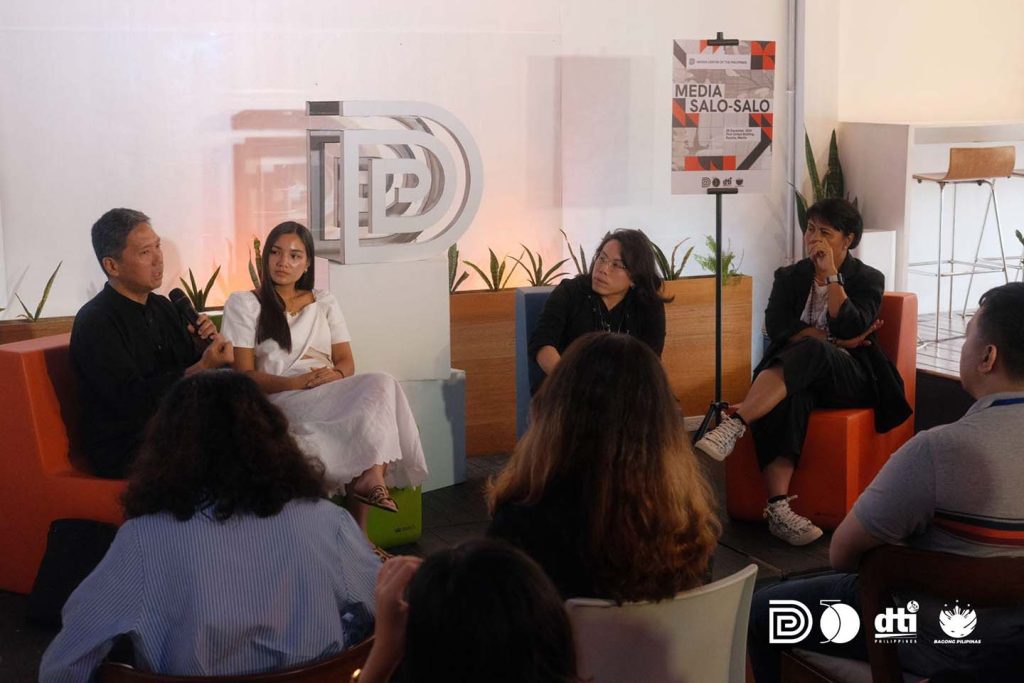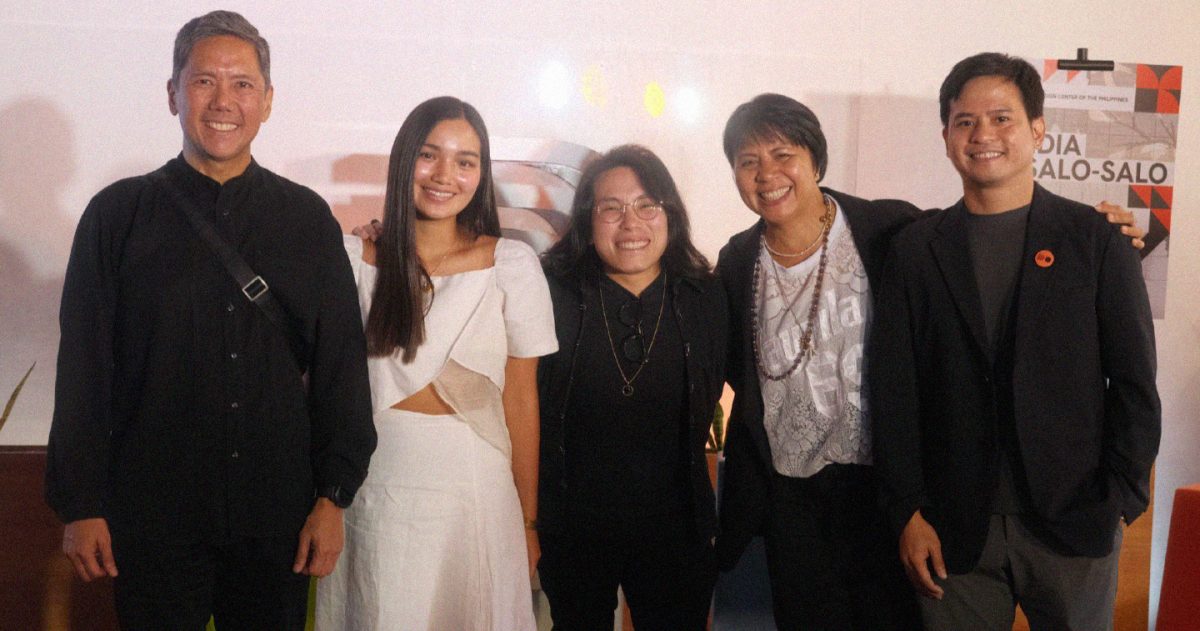MANILA, PHILIPPINES — The DTI-Design Center of the Philippines marked 2024 as a transformative year, advancing its mission to strengthen Philippine Design in the innovation ecosystem, elevate Filipino design, support micro, small, and medium enterprises (MSMEs), and foster community growth sustainable initiatives.
At a Media Salo-salo on Thursday in the First United Building, the Design Center celebrated the year 2024, which saw the agency strengthening partnerships and creating opportunities for Filipino designers and businesses to thrive in a fast-evolving global economy.

Empowering MSMEs for global excellence
One of the year’s highlights was the success of the Good Design Award Philippines, the national design excellence recognition program. Good Design Award Philippines showcased 84 shortlisted entries, an 87% increase from the previous edition, with 27 of these earning the prestigious award. Among these winners, nine designs were conferred with Japan’s globally renowned G Mark, affirming the opportunities waiting for the Philippines in the international market.
“Through programs like Good Design Award Philippines and collaborations with Good Design Award Japan (G Mark), we help not only new micro-, small- and medium enterprises (MSMEs) demonstrate their creativity, innovation, and social impact on the world stage, but also open up new and higher value international trade rates,” said Maria Rita Matute, Executive Director of the Design Center.
A cornerstone of the Design Center’s initiatives is its work with pinyapel, a sustainable, non-wood alternative for the pulp and paper industry. The Design x pinyapel project is a platform to take Philippine MSMEs on a path toward green entrepreneurship. Using pinyapel, pulp made from discarded pineapple leaves, this collection is a result of the collaboration and co-creation between the agency, Creative Director Milo Naval, and 21 companies for the production of the materials to its transformation into interior products.
The Design Center was also honored to join a global panel on democratizing design, alongside the UK, Germany, and Taiwan at the World Design Policy Conference held in San Diego California. The Philippines is considered one of the Global models for democratizing design.
Uniting the Philippine design community
The Design Center’s flagship events—the International Design Conference (IDC) and Design Week Philippines—also remained vital platforms for collaboration and inspiration. This year’s IDC drew close to 800 onsite participants, while Design Week Philippines extended its reach to 10 regions across the country, featuring co-organized activities with industry partners that highlighted Filipino ingenuity and creativity.
The year also saw a significant cultural milestone with the “50 Years of Philippine Design and Beyond” Exhibit at the National Museum of Fine Arts from 12 December 2023 to 21 April 2024. This landmark exhibition provided the public with a compelling visual timeline of local creativity milestones from the 1970s, offering profound insights into how design has redirected the relationship between creativity and commerce in the country and beyond.
“We are proud to look back on a year of accomplishments that reflect the immense potential of Filipino creativity and gearing up for the launch of the 1st National Design Policy and the Philippine Skills Framework Design. As we move forward, we remain committed to making design accessible and transformative for all,” Matute said.










